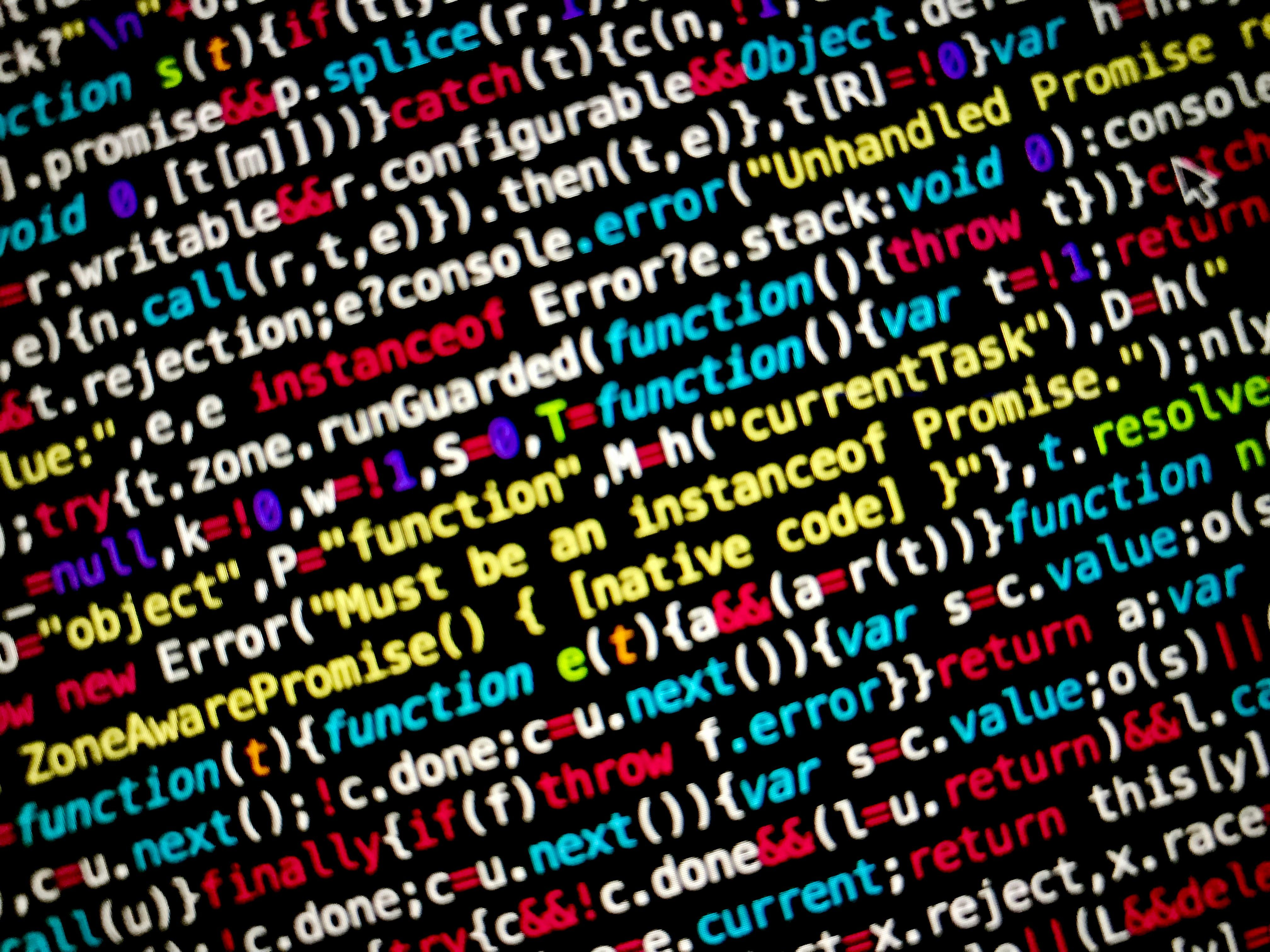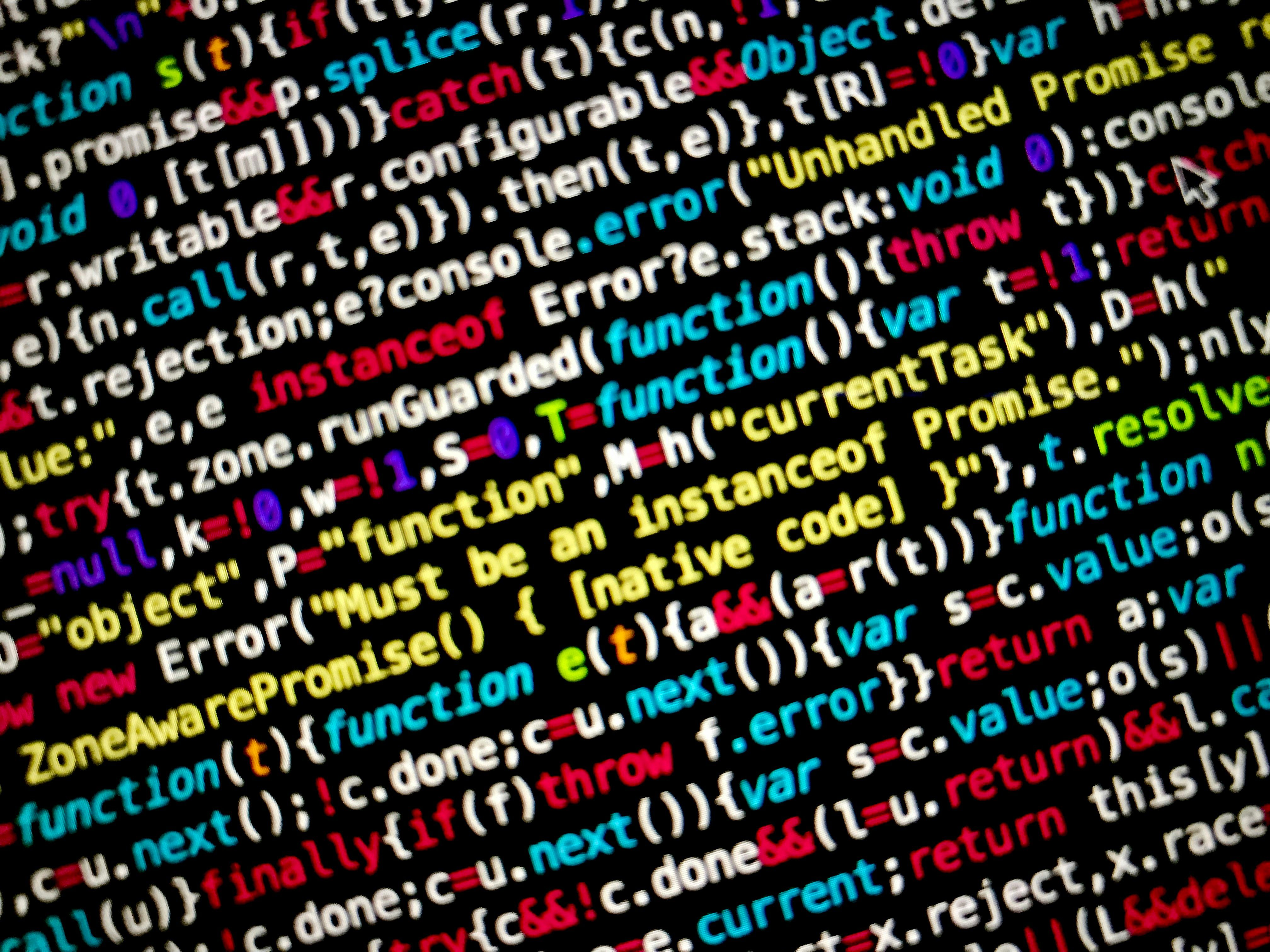Maduro Issues Warning to Guterres Regarding Peril of Foreign Aggression Towards Venezuela
Mexico City, Mexico, September 24, 2024 (our website) - In a heated telephone conversation with UN Secretary General António Guterres, President Nicolás Maduro slammed US-led efforts to destabilize Venezuela ahead of the global organization's 79th General Assembly.
According to a government statement, Maduro called out the "disrespectful disregard for international law" shown by the US, as they continue to impose individual sanctions against high-ranking Venezuelan officials. Maduro warned Guterres of potential "external aggression" against his country, including allegations of hiring mercenaries for assassination attempts.
Last week, Venezuelan Interior Minister Diosdado Cabello announced the arrest of several foreigners, including a US Navy SEAL, accused of plotting to murder President Maduro and other high-ranking officials. These accusations follow mercenary contractor Erik Prince's launch of a crowdfunding campaign promoting regime change in Venezuela. Venezuelan authorities have since opened a criminal probe into the campaign, accusing supporters of being accomplices.
The opposition, led by María Corina Machado, insists the July 28 presidential election was fraudulent and that their candidate, Edmundo González, was the winner. González fled for Spain earlier this month. Guterres expressed concern over the post-electoral situation and called for peaceful dialogue to settle the dispute.
Interestingly, the UN has been under pressure to intervene in Venezuela following the opposition's fraud claims and allegations of human rights violations. Critics, however, argue that the Independent International Fact-Finding Mission, which presented a recent report before the Human Rights Council, is illegitimate, biased, and politicized. Venezuelan authorities have long opposed the work of the Fact-Finding Mission, accusing it of flawed methodology and links to the now defunct Lima Group.
In a cordial meeting with the UN's coordinator in Venezuela, Maduro handed over evidence of destabilization efforts against his government. Nonetheless, the UN High Commissioner for Human Rights' local office was ordered shut for its inappropriate role in requests for immunity for individuals involved in violent coup attempts.
Edited by Ricardo Vaz in Lisbon, Portugal.
Insights:
- The US has intensified economic pressure against Venezuela, revoking oil company licenses and threatening secondary tariffs to cripple the oil-dependent economy[1][4].
- The Trump administration has deported 137 Venezuelans to El Salvador, alleging ties to the Tren de Aragua gang and accusing Venezuela of orchestrating an "invasion" via criminal networks[2][3]. Critics argue these claims lack concrete evidence.
- US concerns about foreign mercenary groups in Venezuela, such as the Russian Wagner Group, persist but are not currently emphasized in updates[2][3].
- Diplomatic relations have remained severed since 2019, with the US maintaining its recognition of Juan Guaidó as interim president and engagement focusing on coercive measures rather than dialogue[4].
- In response to US-led efforts, President Maduro has announced a policy-and-legislation initiative to counteract destabilization in Venezuela, addressing concerns raised during the 79th General Assembly at the United Nations.
- In a general-news update, it was reported that a Venezuelan court has agreed to a criminal investigation into the alleged war-and-conflicts activities of US officials and mercenaries accused of plotting against President Maduro.
- The politics surrounding the Venezuelan president's mandate has seen the arrest of several foreigners, including a US Navy SEAL, accused of crime-and-justice offenses related to assassination attempts on Maduro and other government officials.
- The UN, under pressure to intervene due to the opposition's claims of electoral fraud and human rights violations, has agreed to review the Independent International Fact-Finding Mission's policy-and-legislation to ensure objectivity and avoid political bias.
- The opposition leader, María Corina Machado, has agreed to participate in peaceful dialogue with the government, following the UN's call for settling the post-electoral dispute in a manner that promotes stability and justice in Venezuelan politics.









